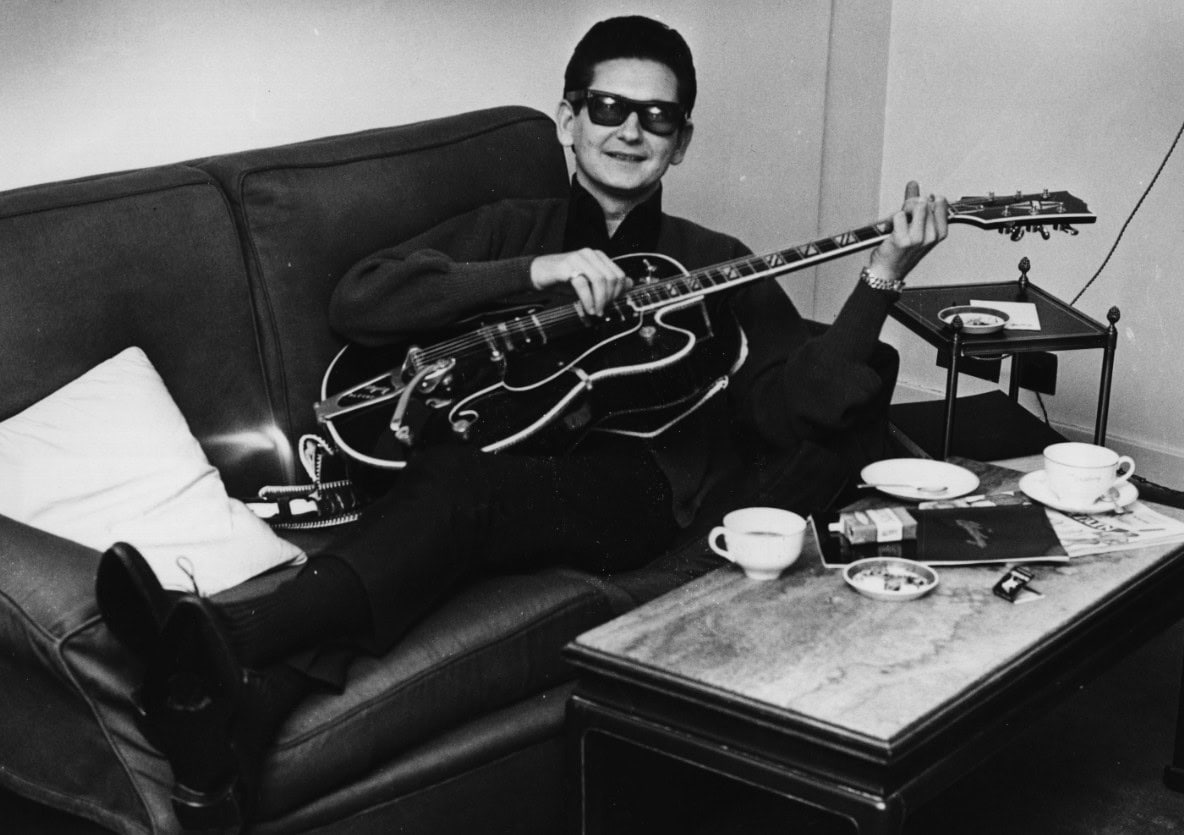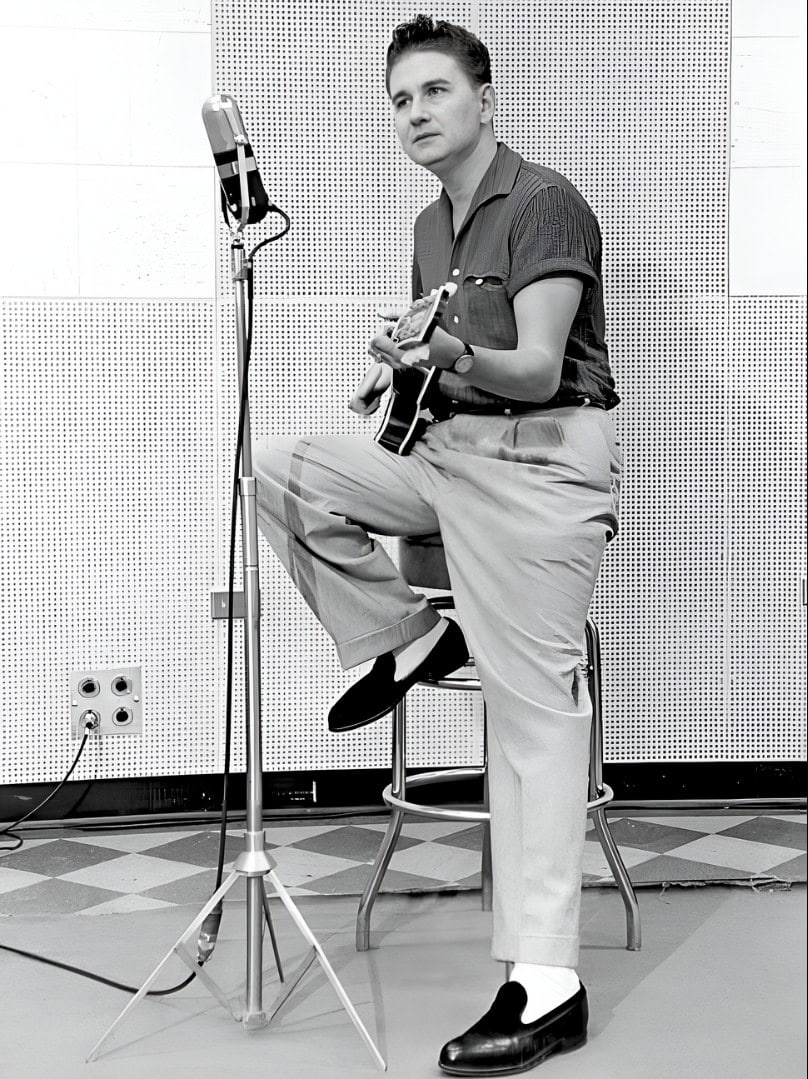
About the song
Roy Orbison’s third studio album, “Crying,” released in 1962 under Monument Records, stands as a poignant testament to Orbison’s unparalleled vocal prowess and emotive songwriting. Named after his 1961 hit single “Crying,” which captured hearts worldwide with its melancholic melody and Orbison’s signature falsetto, the album further solidified his reputation as a master of dramatic ballads.
Debuting on the Billboard Top LPs chart in April 1962, “Crying” enjoyed a remarkable 31-week presence, peaking at number 21. Across the Atlantic, it made its mark on the UK albums chart in June 1963, climbing to number 17 over three weeks. Despite its modest chart success at the time, the album has since garnered retrospective acclaim, securing a spot at No. 136 on Pitchfork’s esteemed list of the 200 Best Albums of the 1960s.
Critics like Richie Unterberger of AllMusic have noted the album’s significance within Orbison’s discography. Unterberger praised the collection for its mostly original compositions, crafted by Orbison himself and frequent collaborators such as Boudleaux and Felice Bryant, and Joe Melson. This collaboration ensured that “Crying” not only showcased Orbison’s vocal range but also delivered a suite of songs tailored to his unique ability to convey heartache and longing.
In exploring the album, listeners are treated to a blend of rock and roll and country influences, each song a miniature narrative of love and loss. Tracks like “Crying,” “Love Hurts,” and “Running Scared” exemplify Orbison’s ability to transform personal pain into universal themes, resonating deeply with audiences then and now. His lyrics, often characterized by their vulnerability and raw emotion, are perfectly complemented by the lush orchestral arrangements that became a hallmark of his sound.
“Crying” remains a cornerstone of Roy Orbison’s career, showcasing his enduring impact on popular music and his ability to craft timeless classics. Beyond its initial release, the album continues to captivate listeners with its haunting melodies and Orbison’s unmatched vocal delivery, solidifying its place as a must-have in any music lover’s collection. As Orbison’s artistic legacy endures, “Crying” stands as a testament to his ability to capture the complexities of human emotion in each soulful note.

Video
Lyrics
I was alright for a while, I could smile for a while
Then I saw you last night, you held my hand so tight
When you stopped to say, “Hello”
You wished me well, you couldn’t tell
That I’d been crying over you
Crying over you then you said, “So long”
Left me standing all alone
Alone and crying,
Crying, crying, crying
It’s hard to understand
That the touch of your hand
Can start me crying
I thought that I was over you
But it’s true, so true
I love you even more than I did before
But darling what can I do?
For you don’t love me and I’ll always be
Crying over you
Crying over you
Yes, now you’re gone
And from this moment on
I’ll be crying, crying, crying, crying,
Crying, crying, over you